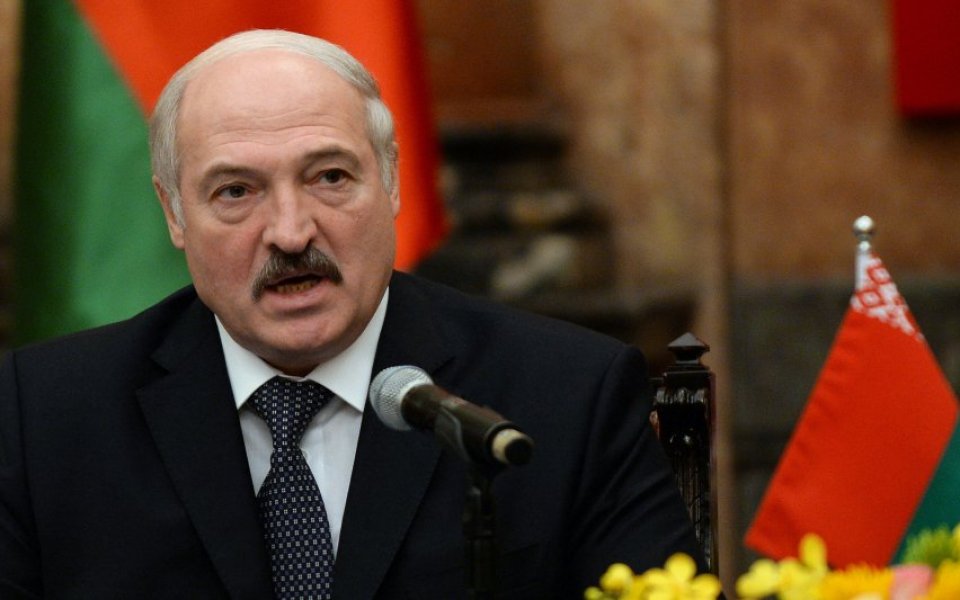EU drops sanctions against Belarus in a bid to bolster support against Russia

The European Union today lifted nearly all sanctions on Belarus, including against controversial President Alexander Lukashenko, in a move widely seen as part of the West's political strategy to strengthen its allies against Russia.
Asset freezes and travel bans on 170 individuals and three companies were lifted, but the EU's foreign ministers decided to maintain its longstanding arms embargo and sanctions against four people involved in “unresolved disappearances” of political dissidents.
The sanctions had already been suspended for four months at the end of October, but today's decision makes it permanent.
Lukashenko, once called Europe's last dictator by the US, has been rewarded for the release of the last political prisoners held in Belarus and for helping to mediate the cease-fire in Ukraine a year ago.
This has provided an opportunity to improve EU-Belarus relations and led to the sanctions being revoked, according to a draft EU statement seen by the Associated Foreign Press.
It is widely thought that the EU's decision to drop the sanctions is part of a plan to bolster support from the former Eastern Bloc away from Russia and towards the West.
Tensions between the West and the Kremlin soared to a new high back in 2014 when Russia annexed Crimea, leading to violent conflict in the region.
Russia's military intervention prompted a number of governments, including the US and the EU, to slap sanctions on Russian entities. The move has contributed to the mega-depreciation of the Russian ruble and severely damaged the country's economy.